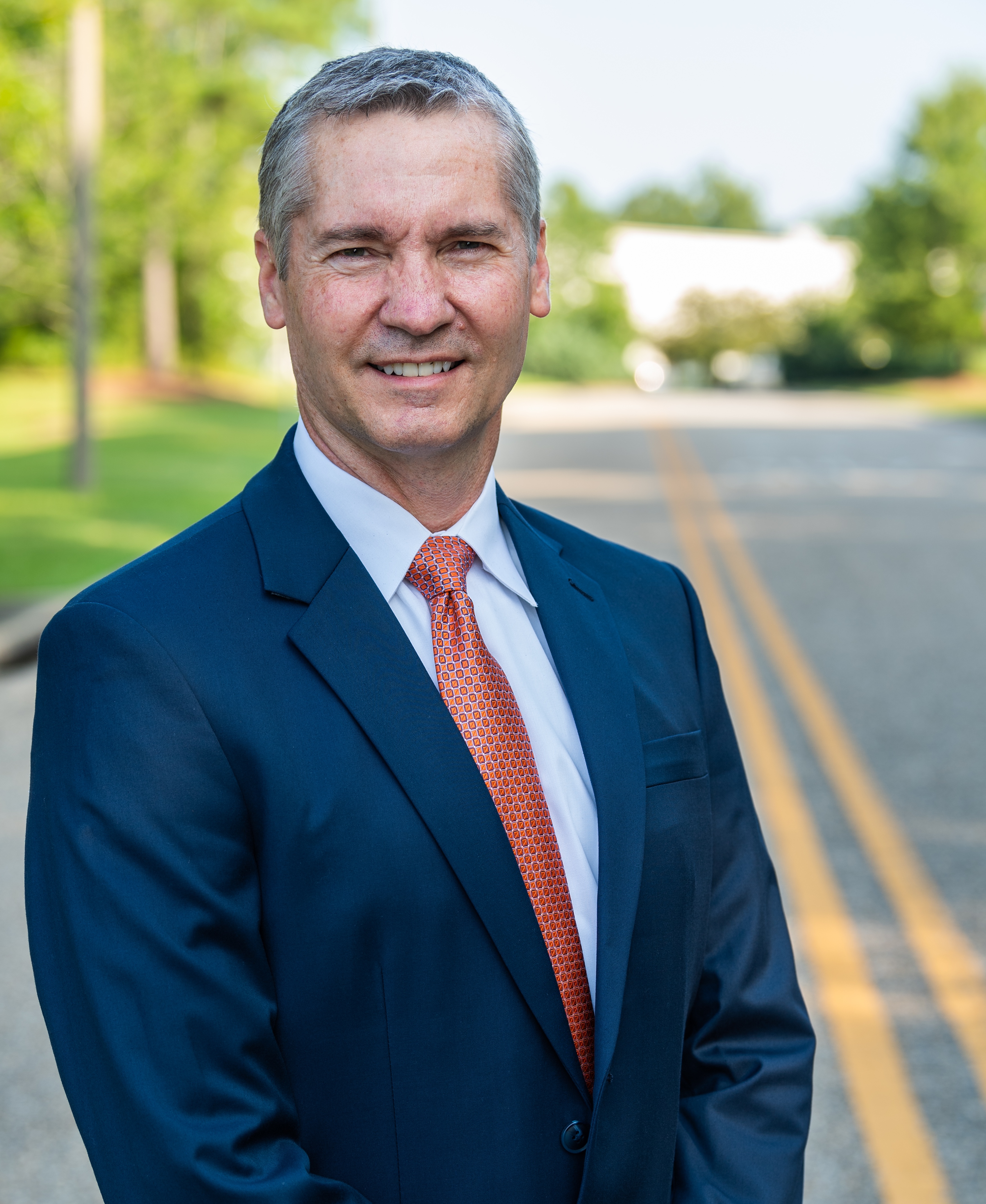- Fall 2024
Message from the Director: Learning from Mistakes
As the youngest of four boys, I had plenty of opportunities to learn from the mistakes of my brothers. I wasn’t necessarily any smarter, but if I saw one of them get in trouble for doing something, I didn’t do that. However, that didn’t always make for trouble-free living. I made new mistakes all by myself.
We all make mistakes in our personal, social, and professional lives. Some are more painful than others. Some may cause more pain to others than to ourselves. Henry Ford said, “the only real mistake is the one from which we learn nothing.” The first step in learning from a mistake is admitting it. It’s better to own up to it as soon as possible, even if it’s embarrassing, then make amends and figure out how to avoid making the same error again.
Although mistakes, flaws, and weaknesses are not the same, how we deal with them should follow the same formula. Admitting where flaws exist and working to correct them is necessary to improve the end result. Another famous quote is “Insanity is doing the same thing over and over again and expecting different results.” This quote is often attributed to Albert Einstein, but it was actually said by Rita Mae Brown – a Civil Rights campaigner and feminist writer. Ms. Brown was right. If we want to improve something, change is necessary.
The second step in learning from a mistake is to figure out what needs to change. This is the point where a scientist shines. Where many people point fingers and speculate on the causes of flaws, weaknesses, or mistakes, a scientist wants to figure out the real why, and, if given a chance, will gather data to test a hypothesis to prove or disprove the thesis. The third step is the realm of the engineer - developing solutions to the problem. The last step may be the hardest – that is, making the change.
In the world of asphalt pavements, there are hundreds, maybe thousands of stakeholders that have an interest in the status quo or making a change. Learning from mistakes and shortcomings in our professional lives can be a long process, but if we approach it with the mindset of improving the lives of people in our communities, then the effort pales to the benefits.
Randy C. West, Ph.D., P.E. | Director and Research Professor
